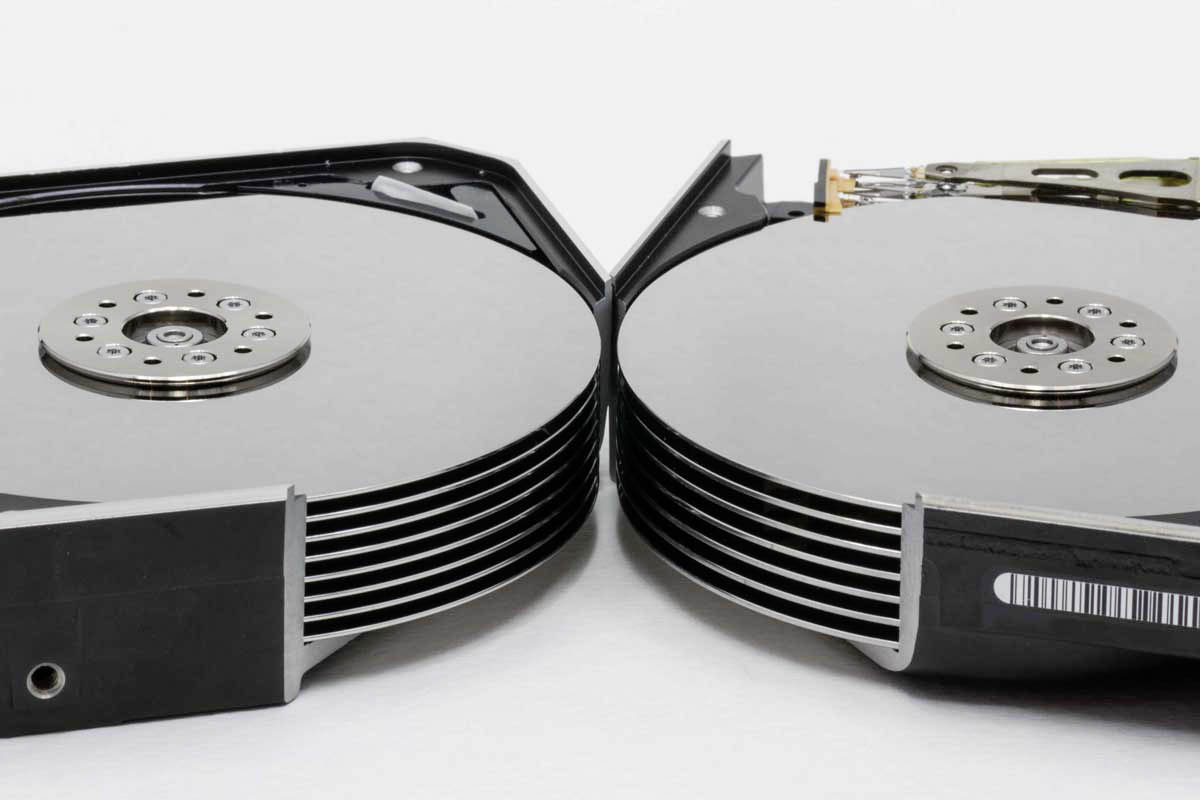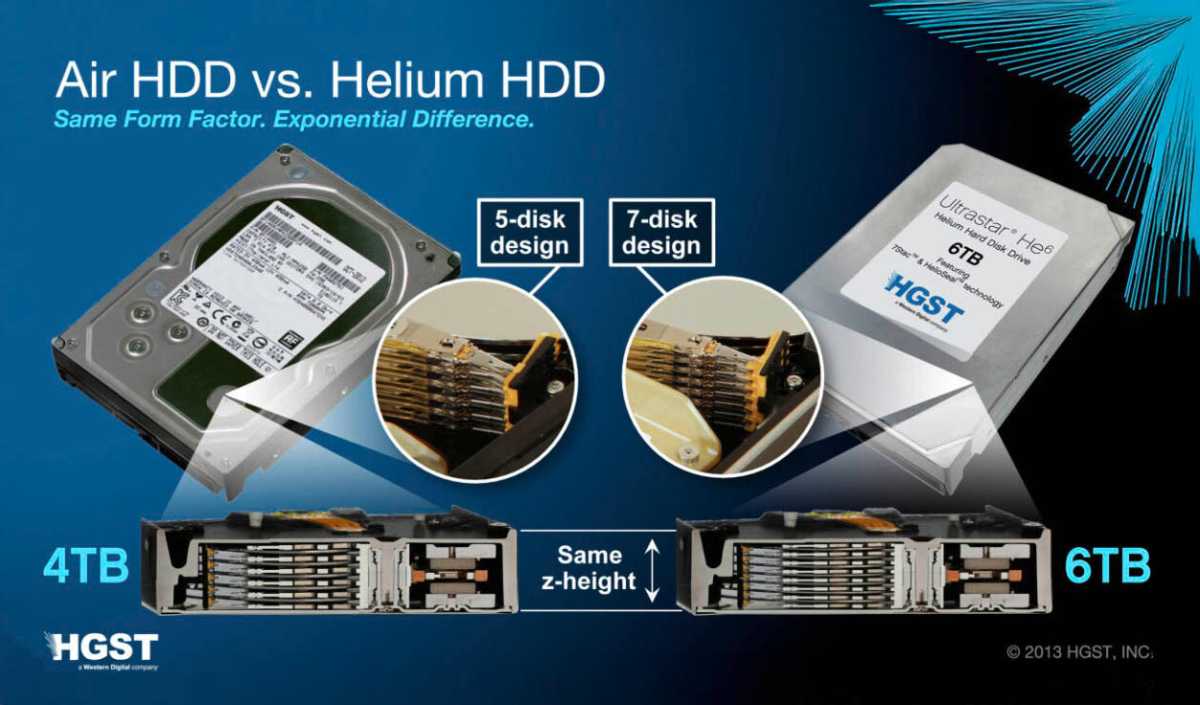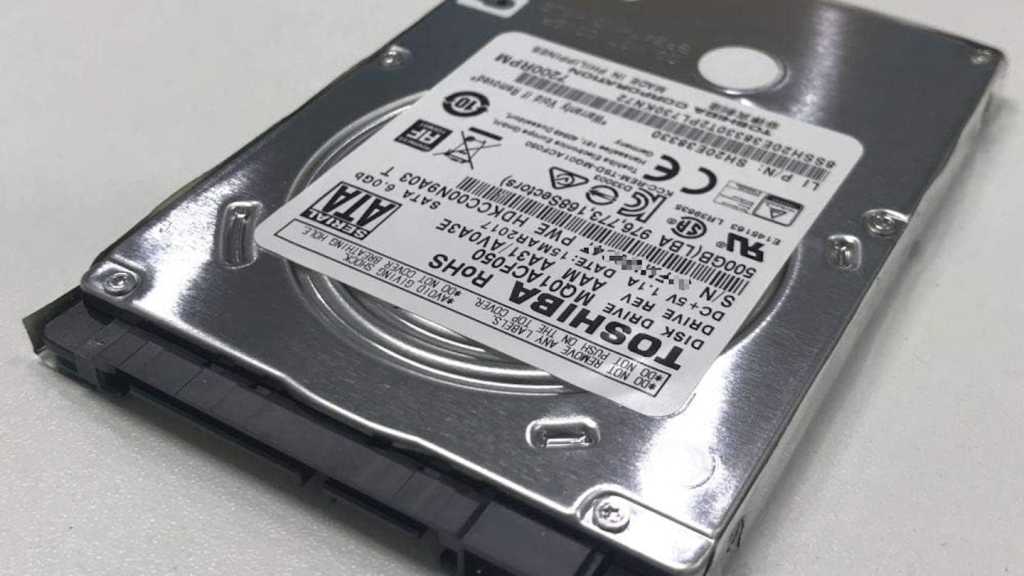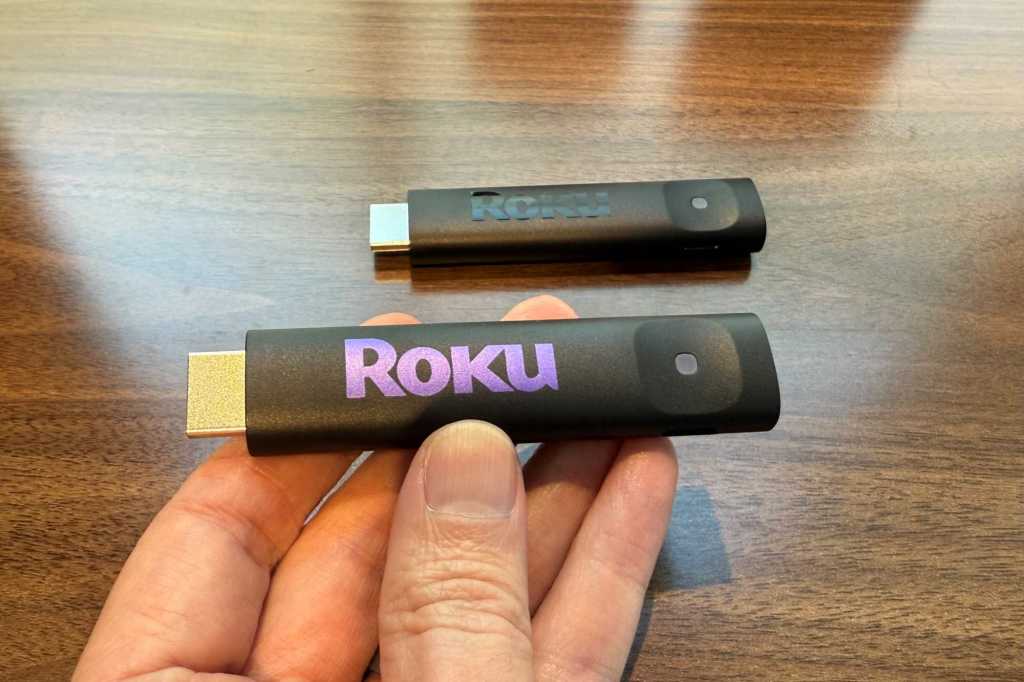Traditional air-filled hard drives face limitations due to air’s density, which creates resistance, increases power consumption, and strains components. This article explores how helium-filled hard drives offer a significant performance advantage.
How Helium Enhances Hard Drive Performance
Helium is approximately seven times less dense than air. This dramatically reduces internal drag and friction within a hard drive. As a result, the mechanical components in helium HDDs experience less strain, leading to lower energy usage and potentially extending the drive’s operational lifespan.
Key Advantages of Helium-Filled Hard Drives
A primary benefit of using helium is the ability to fit more data platters into the same physical drive enclosure. This significantly boosts storage capacity, a critical factor for data centers demanding high-density storage and energy efficiency. [internal_links placeholder: explore enterprise storage solutions]
 Internal view of a helium-filled hard drive showcasing multiple platters and mechanics, demonstrating advanced storage technology.
Internal view of a helium-filled hard drive showcasing multiple platters and mechanics, demonstrating advanced storage technology.
This increased platter density, enabled by the helium environment, allows capacities to reach new levels. Furthermore, the reduced friction allows for more precise movement of the read/write heads, which translates to improved data transfer speeds and enhanced operational reliability for these advanced hard drives.
 Comparison graphic illustrating increased disk density in helium HDDs versus traditional air-filled drives for enhanced capacity.
Comparison graphic illustrating increased disk density in helium HDDs versus traditional air-filled drives for enhanced capacity.
Challenges and Practical Considerations
Despite their advantages, helium-filled hard drives are not without drawbacks. Helium’s tendency to escape even through microscopic openings necessitates complex and robust sealing techniques. These advanced sealing methods contribute to higher manufacturing costs compared to traditional HDDs. Additionally, helium is a finite natural resource with significant demand in other vital sectors like medicine, raising concerns about its long-term availability and price stability.
Conclusion: Are Helium HDDs Right for You?
Helium-filled hard drives deliver superior capacity, efficiency, and performance, particularly beneficial for large-scale data centers. However, their higher cost means they are generally not decisive for private users. For most consumer needs, conventional HDDs or SSDs often provide a more cost-effective solution.









